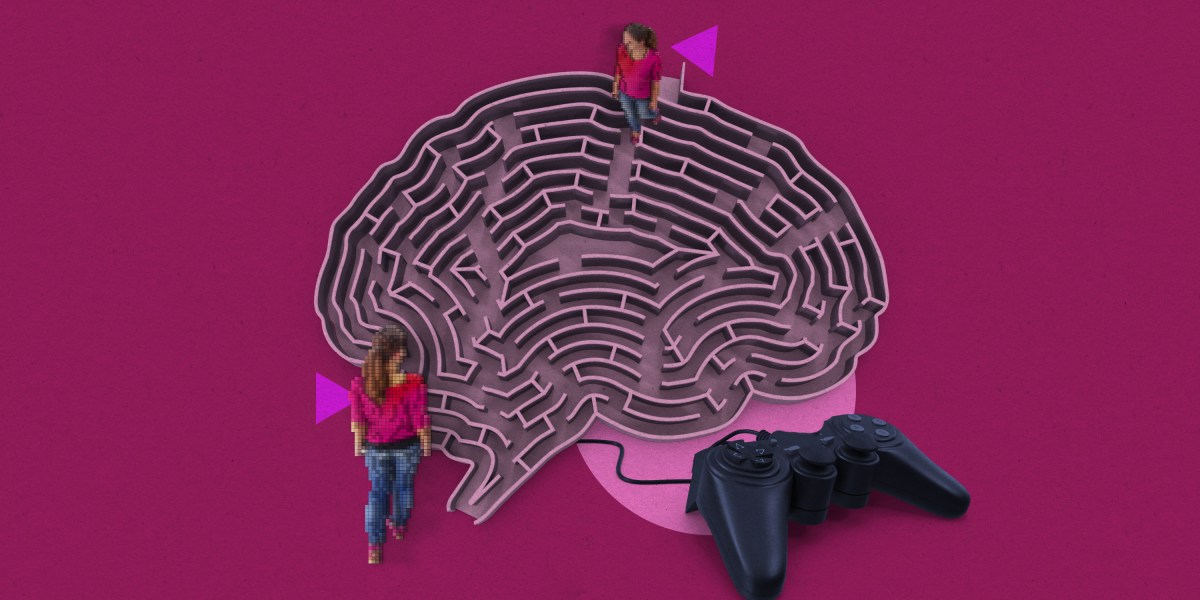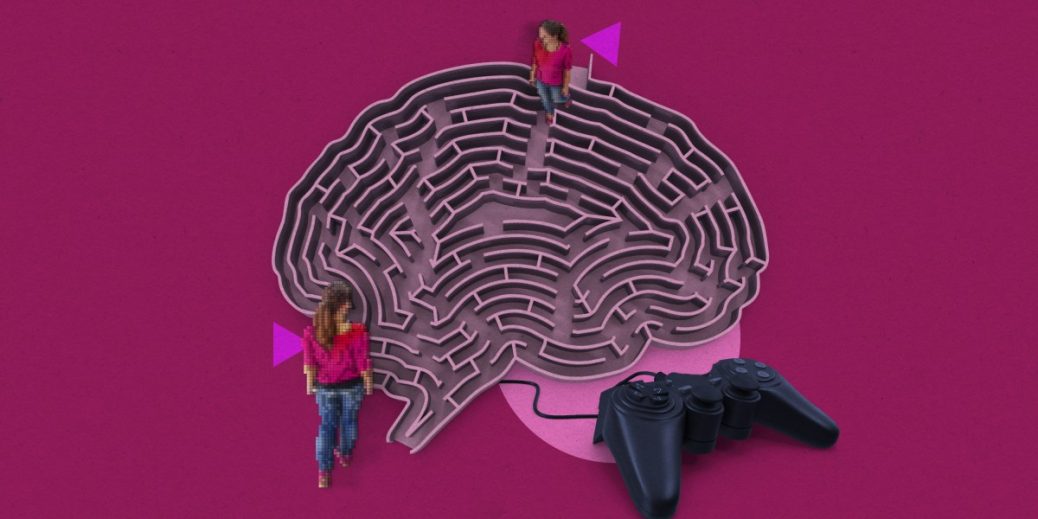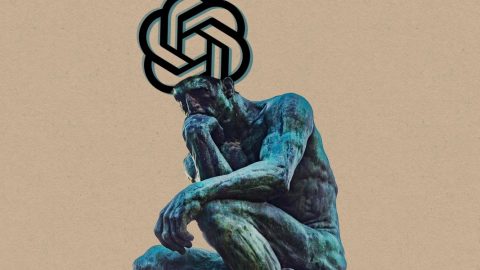
Spiers himself is interested in learning how people hunt, whether for food, clothes, or a missing pet. “We still use these bits of our brain that our ancestors would have used daily, and of course some traditional communities still hunt,” he tells me. “But we know almost nothing about how the brain does this.” He envisions using AI-driven nonplayer characters to learn more about how humans cooperate for hunting.
There are other, newer questions to explore. At a time when people are growing attached to “virtual companions,” and an increasing number of AI girlfriends and boyfriends are being made available, AI video-game characters could also help us understand these novel relationships. “People are forming a relationship with an artificial agent,” says Spiers. “That’s inherently interesting. Why would you not want to study that?”
Now read the rest of The Checkup
Read more from MIT Technology Review’s archive:
My fellow London-based colleagues had a lot of fun generating an AI game character based on Niall. He turned out to be a sarcastic, smug, and sassy monster.
Google DeepMind has developed a generative AI model that can generate a basic but playable video game from a short description, a hand-drawn sketch, or a photo, as my colleague Will Heaven wrote earlier this year. The resulting games look a bit like Super Mario Bros.
Today’s world is undeniably gamified, argues Bryan Gardiner. He explores how we got here in another article from the Play issue of the magazine.
Large language models behave in unexpected ways. And no one really knows why, as Will wrote in March.
Technologies can be used to study the brain in lots of different ways—some of which are much more invasive than others. Tech that aims to read your mind and probe your memories is already being used, as I wrote in a previous edition of The Checkup.
From around the web:
Bad night of sleep left you needing a pick-me-up? Scientists have designed an algorithm to deliver tailored sleep-and-caffeine-dosing schedules to help tired individuals “maximize the benefits of limited sleep opportunities and consume the least required amount of caffeine.” (Yes, it may have been developed with the US Army in mind, but surely we all stand to benefit?) (Sleep)







Recent Comments